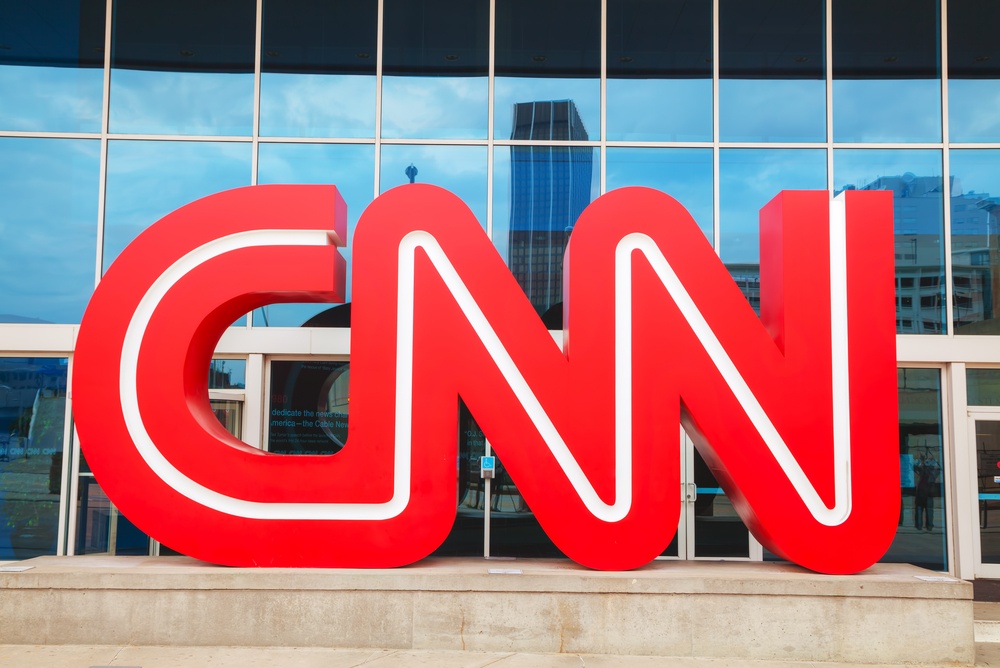Key Takeaways
• Upcoming statewide elections could deepen America’s political divide.
• CNN analyst Ronald Brownstein warned of “partitioning America” into hostile blocs.
• Redistricting battles may intensify this splitting of state power.
• Former President Trump has urged Republican-led map redraws to gain seats.
• Growing animosity between parties could lead to unpredictable risks.
Why Partitioning America Matters in Statewide Elections
Political expert Ronald Brownstein argues that this week’s state votes may mark a new turn toward partitioning America. He explains that, as elections unfold in Virginia, New Jersey, and California, each party may see the other as having no real stake in its areas. In turn, this fuels a mindset that America is drifting apart into red and blue regions. Moreover, Brownstein warns that such a split could make each side view its rivals not as neighbors but as enemies. As a result, the growing divide might spark conflicts we cannot fully imagine yet.
How Statewide Elections Fuel the Divide
Statewide elections shape local power, and thus they also shape national unity. For example, when one party wins decisively in a state, the opposing party may withdraw resources there. Consequently, voters in that state feel abandoned. Meanwhile, the winning side feels emboldened to push its agenda without compromise. Over time, this pattern repeats in multiple states. Thus, the gap between red and blue areas widens. In simple terms, each state election does more than choose leaders. It also builds walls between political camps.
The Role of Redistricting Battles
Redistricting fights emerge after every census. Yet today, they feel more bitter than before. On one hand, Democrats claim that Republicans use map redraws to lock in power. On the other hand, Republicans say they only seek fair representation. In either case, both sides see the other’s success as a threat. Therefore, they pour resources into court battles and state legislatures. As these fights escalate, renewal of hostile blocs follows. That cycle brings us closer to fully partitioning America along clear red and blue lines.
Trump’s Push and Its Impact
Former President Trump has publicly asked Republican-led teams to redraw districts in their favor. He insists that a new map could help Republicans secure the House majority after the 2026 midterms. However, this call also highlights how national figures can inflame state issues. By urging aggressive redistricting, Trump risks deepening state-level hostility. As a result, the red and blue blocs heaped with distrust may grow further apart. Thus, one leader’s words may fan flames that make compromise nearly impossible.
What Could Happen Next
As each party retreats into its strongholds, the idea of shared governance fades. In turn, we may see more legal challenges, protests, and strained neighborly relations across state lines. For instance, residents of a deep-red state might ignore major news or policies from a deep-blue state, and vice versa. Moreover, online echo chambers reinforce these divisions, showing only one side’s perspective. Consequently, Americans could lose touch with differing views. In that future, partitioning America might mean not just political separation but cultural isolation too.
Frequently Asked Questions
What did Brownstein warn about?
Brownstein warned that this week’s state elections could mark another step toward partitioning America into hostile red and blue blocs. He fears that each party will see the other as an adversary with no real interests in its territory.
How do statewide elections deepen divisions?
When one party wins big in a state, the other party often withdraws resources there. This makes voters feel abandoned and fuels resentment. Over time, these local wins add up to a wider split between states.
Why is redistricting so contentious?
Redistricting sets the lines for voting districts after each census. Both parties fight hard to draw maps that favor their voters. As these battles intensify, they feed into the larger split that fuels partitioning America.
What risks come from growing animosity?
When parties view each other as enemies, peaceful compromise becomes harder. Legal fights may surge, protests could flare, and neighborly trust may erode. In the worst cases, deep divisions might lead to instability we cannot yet predict.
